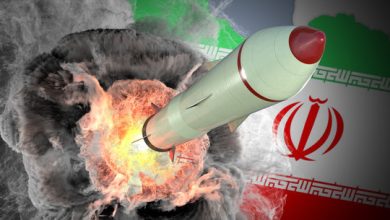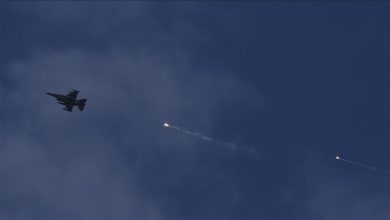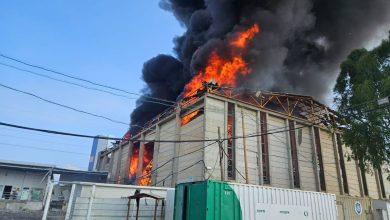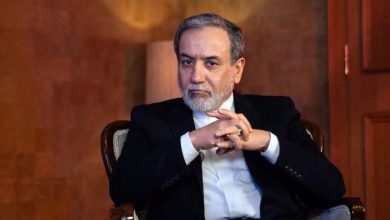S. Korea’s Interim President Set to Reject Opposition-Backed Legislation, Intensifying Political Tensions
South Korea's interim head of state announced on Thursday plans to reject a series of controversial bills put forward by the leading opposition party. This decision intensifies the ongoing political turmoil following the National Assembly's move to impeach President Yoon Suk Yeol.
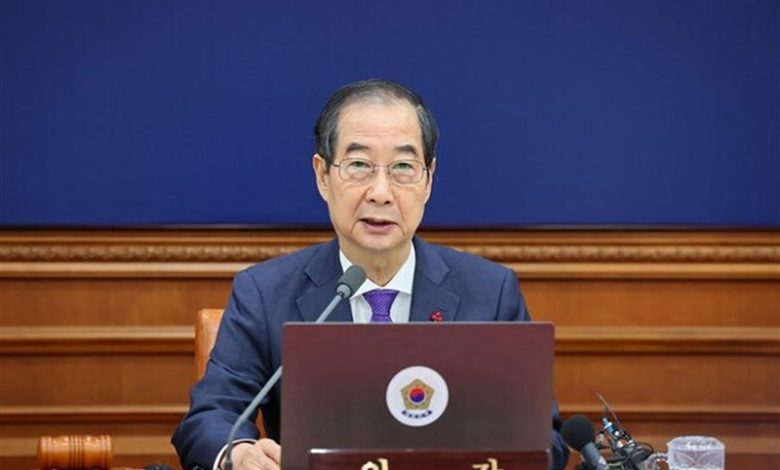
The ruling and opposition parties remain embroiled in a dispute over the extent of authority exercised by Prime Minister Han Duck-soo, the nation’s second-in-command, following a significant development in the political landscape. This tension arose after the National Assembly, dominated by opposition members, voted on Saturday to suspend the presidential powers of Yoon, following his brief imposition of martial law on December 3. The Constitutional Court is now tasked with deciding whether to permanently remove the conservative leader from office or to restore his presidential authority.
Law enforcement agencies are conducting a separate investigation into allegations that Yoon’s imposition of martial law may constitute an act of rebellion. The case has already led to the arrest of Yoon’s defense minister, the police chief, and several military commanders. Additionally, the main liberal opposition, the Democratic Party, had contemplated impeaching Han for not preventing Yoon’s martial law declaration. However, the party decided to hold off on those plans following Han’s appointment as acting leader.
Han is set to veto four out of six legislative proposals intended to enhance state financial aid for the nation’s agriculture and fisheries sectors.
The Grain Management Act has emerged as the most debated piece of legislation, mandating government intervention to purchase excess rice supplies should market prices decline significantly. The aim is to safeguard the agricultural sector and strengthen the nation’s food sovereignty. However, Han has voiced concerns, warning that the bill could impose substantial financial strains on the government and potentially trigger further declines in rice prices.
The National Assembly Testimony Appraisal Act, a contentious piece of proposed legislation, seeks to expand the authority of lawmakers by enabling them to compel individuals to attend parliamentary hearings and submit relevant documents. Under this legislative proposal, individuals would be unable to decline such requests on the grounds of protecting trade secrets or personal information, potentially increasing parliamentary oversight.
The Democratic Party has asserted that the proposed legislation is essential for uncovering comprehensive information regarding Yoon’s martial law order. However, Han countered that the bill could potentially violate individuals’ privacy and raised alarms from business leaders about the risk of sensitive technology and corporate secrets being exposed, according to an AP report.
In a public address during a Cabinet Council meeting on Thursday, Han expressed his deep concern over the necessity of requesting the National Assembly to revisit and deliberate on six critical bills, emphasizing the urgent need for collaboration between the government and both ruling and opposition parties. Han stated, “The government is compelled to make a responsible choice that upholds the constitutional principles and the nation’s future, despite the current circumstances that demand cooperative efforts among all political factions.”
Democratic legislator and spokesperson Noh Jongmyun swiftly condemned Han, cautioning him against overstepping boundaries. Noh warned that they would promptly seek his removal should evidence emerge of his collaboration in the uprising.
Earlier speculation among observers suggested that the Democratic Party might revisit the idea of impeaching Han should he decide to veto the proposed legislation.
A point of dispute between rival factions centers around whether Han possesses the authority to appoint three vacant positions on the Constitutional Court. These appointments could potentially influence the court’s ruling regarding Yoon.
In a brief but intense episode, the imposition of martial law in South Korea was in effect for a mere six hours, yet it sparked significant political unrest within the nation and raised concerns among neighboring countries and diplomatic allies. President Yoon dispatched a large contingent of troops to the National Assembly in an attempt to thwart a parliamentary vote on his decree. However, numerous lawmakers successfully navigated the military blockade to convene in the parliament chamber, where they swiftly and unanimously rejected the decree, compelling President Yoon’s Cabinet to retract the martial law order.

